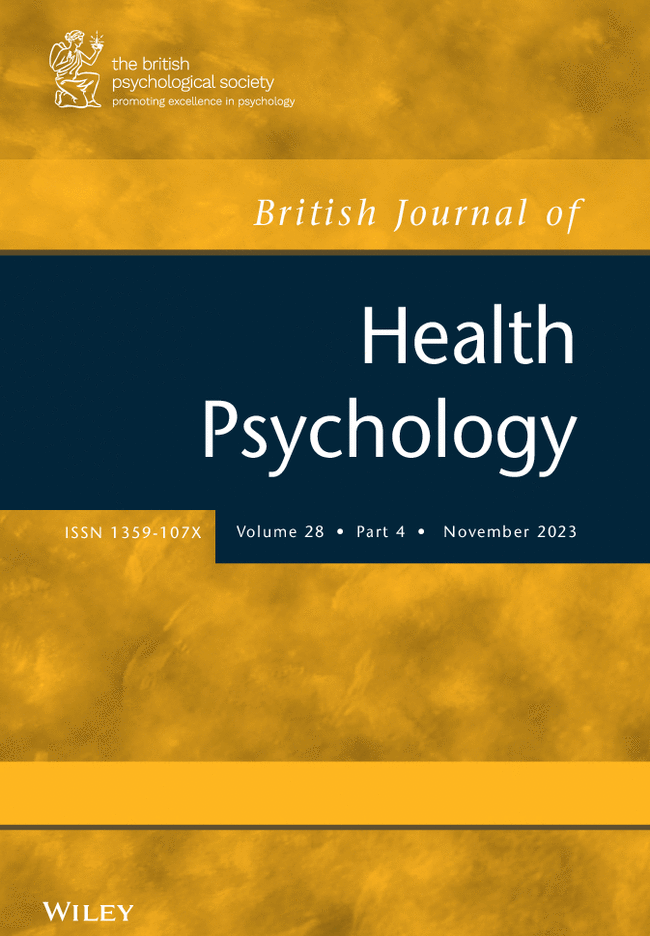Lung cancer through patients’ lived experiences: A sociocultural perspective
Abstract
Objective
Lung cancer stigma remains a significant yet underexplored challenge, particularly in non-Western contexts. Our study aimed to explore how sociocultural factors shape the experiences of Malaysian lung cancer patients, with particular attention to stigma.
Methods
We conducted a qualitative study using semi-structured interviews with 15 lung cancer patients at a local public hospital in Malaysia, which were analysed using coding reliability thematic analysis in conjunction with consensual qualitative research.
Results
Our analysis showed that participants' narratives centred on the challenges they faced and the coping strategies they employed, which we mapped to the socio-ecological model to illustrate the sociocultural influences spanning individual, familial, social and systemic levels. At the individual level, smokers felt guilt, while non-smokers experienced confusion and distress about their diagnosis. Participants reported physical and emotional challenges, finding solace in faith, acceptance and cultural resilience. Within families, feelings of guilt and fear of burdening others constrained disclosure, yet collectivist norms of obligation and care meant that family members still provided crucial emotional and financial support. At the societal level, stigma associating lung cancer with smoking led to blame and isolation for both smokers and non-smokers. Systemic issues such as diagnostic delays, poor health care communication and financial burdens compounded these challenges.
Conclusion
Our study highlights how sociocultural values, stigma and systemic barriers are deeply intertwined in shaping lung cancer experiences in Malaysia. Interventions should be designed with sensitivity to religious beliefs, filial obligations and norms of emotional restraint while addressing stigma alongside health care barriers.


 求助内容:
求助内容: 应助结果提醒方式:
应助结果提醒方式:


